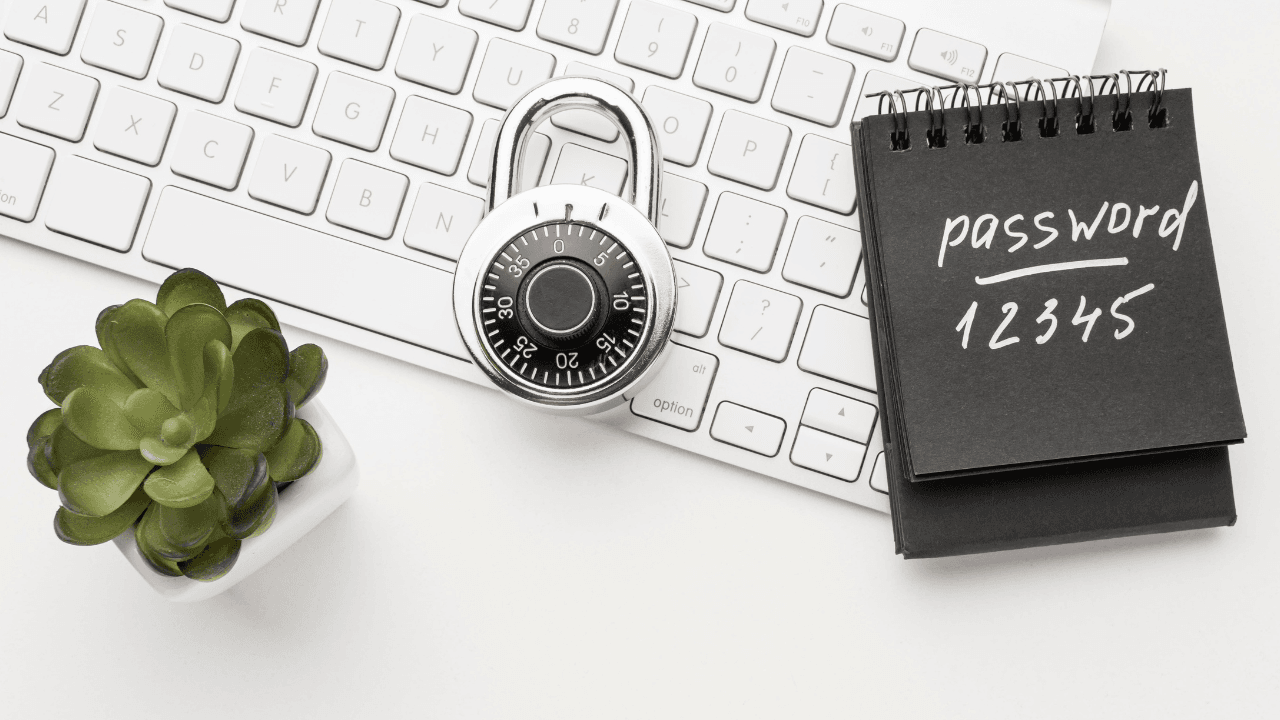Have you ever hesitated to delegate tasks to a virtual assistant because you weren’t sure if your sensitive information would be protected? This is a common concern for many business owners. After all, a VA isn’t just managing your calendar, they’re also handling sensitive data, from business strategies and login details to personal files. It can almost feel like stepping into uncharted territory.
While exceptional organizational and multitasking skills are key qualities of a great Virtual Assistant, there’s one trait that stands above the rest—confidentiality. A VA often has access to sensitive information that can impact a business’s reputation, direction, and even legal standing. That’s why clients count on their VA to be a trusted ally, ensuring discretion and privacy at every turn.
Simply put, confidentiality is the foundation of trust that binds the relationship between a client and their assistant, making it a cornerstone of the VA’s role.
Table of Contents
How Do Virtual Assistants Maintain Confidentiality in Practice?
Keeping client information safe is a priority for virtual assistants. So, how do they ensure confidentiality in their day-to-day work? Let’s break it down into 12 simple, practical steps that ensure peace of mind for both clients and VAs.
#1. Confidentiality Agreements
It all starts with a solid Non-Disclosure Agreement (NDA). This document outlines the confidentiality rules for both the client and the VA. It’s a formal way to ensure that both parties understand the weight of confidentiality and what’s at stake.
#2. Secure Communication Channels
Confidential conversations should always happen over secure platforms. VAs should use tools like encrypted email services like Proton Mail and secure messaging apps like Signal, that offer that extra layer of privacy, to keep discussions private and protected from prying eyes.
#3. Password Protection with Password Managers
Gone are the days of writing down passwords on sticky notes. VAs should use password managers like 1Password or LastPass to securely store and protect their client’s login details. This ensures only authorized people can access important accounts and keeps the data safe from potential hacks.
#4. Working Exclusively on Personal Devices
Virtual assistants should only work on their personal devices, that are equipped with updated antivirus software and a VPN for encrypted internet access. This keeps the work environment secure, minimizing the risk of data leaks or breaches.
#5. Utilizing Secure Storage Solutions
Sensitive files should be stored in encrypted cloud services. This ensure that data, whether at rest or in transit, stays protected. It also guarantees that even if data is intercepted, it’s unreadable without decryption keys. Regular backups are also crucial to prevent data loss in case of system failures or cyber-attacks.
#6. Avoiding Public WiFi
Public WiFi might seem convenient, but it’s not safe for handling sensitive tasks because it’s a haven for hackers. VAs should steer clear of completing sensitive tasks on unsecured networks like those in coffee shops or airports. If they must work in such places, they should use antivirus, VPNs, firewalls, and disable unnecessary connections like Bluetooth for added security.
#7. Physical Document Security
If physical documents are involved, they should get the same level of care as digital ones. Important paperwork should be stored in locked areas, away from unauthorized access, and never left unattended or just lying around.
#8. Limiting Access to Sensitive Information
Not everyone needs to know everything. Sensitive information should be shared on a strict “need-to-know” basis. A VA only shares it with individuals in the client’s business, who need access to perform specific tasks and with the client’s approval. This prevents unnecessary exposure and ensures discretion.
#9. Regular Client Updates
Transparency and open communication are key. If there’s any potential security concerns or risks, or if anything feels off, VAs should let their client know right away to address the issue before it escalates.
#10. Discretion in Conversations
Confidential information should never be part of casual conversations. VAs should be mindful and professional, while steering clear of gossip and casual discussions around confidential matters that could compromise sensitive data.
#11. Monitoring and Auditing Practices
Keeping an eye on security is very important. Regular monitoring and audits help VAs spot any suspicious activities or potential security breaches early before they become a bigger problem. This proactive approach protects both the client and the virtual assistant.
#12. Ongoing Training and Awareness
Staying informed about the latest security threats and best confidentiality practices is an ongoing task. VAs should regularly update their knowledge through training, learning how to spot phishing attempts and other risks to ensure their clients’ data remains safe.
The Consequences of Breaching Confidentiality
Losing a client is one thing, but breaking confidentiality destroys something even more important, and that is trust. When trust is shattered, rebuilding it feels nearly impossible, and the ripple effects can be far-reaching.
Confidentiality breaches create unnecessary stress for everyone involved because there’s a professional cost to consider. This is why as a virtual assistant you should treat data protection as seriously as the tasks you’ve been hired to complete.
These repercussions may include:
#1. Legal Consequences
Depending on the nature of the breach, legal consequences could follow. This could mean anything from lawsuits to hefty fines, dragging both the client and the virtual assistant into messy and expensive legal battles.
#2. Reputation Damage
A confidentiality breach can severely damage a virtual assistant’s professional reputation. In a field where word of mouth and recommendations matter, this damage can linger, making it difficult to secure future clients or projects.
#3. Contract Termination
In many cases, a serious breach of confidentiality results in immediate termination. This ends the working relationship and leaves a mark on the assistant’s record, which may deter other clients from working with them.
Final Thoughts
Confidentiality, discretion, and data protection aren’t just nice-to-haves or a checkbox you have to tick. They are the foundation of a trusting, productive relationship between a client and their virtual assistant. When handled correctly, it allows both parties to work freely. It might feel like extra work at the beginning, but isn’t the peace of mind worth it?
At the end of the day, a virtual assistant isn’t just someone who helps with tasks. They also play a vital role as protectors of sensitive information. Those who excel in maintaining confidentiality are indispensable, serving as both a business’s support system and a guardian of its most valuable assets: its information and trust.
Over to You…
So, how do you ensure that confidentiality remains intact? What steps have you taken to secure your sensitive business information? Let’s keep the conversation going.
Thank you for reading ❤️



